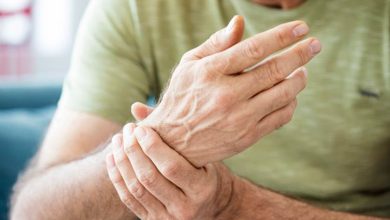7 Signs Of Intestinal Parasites Living Inside Your Body
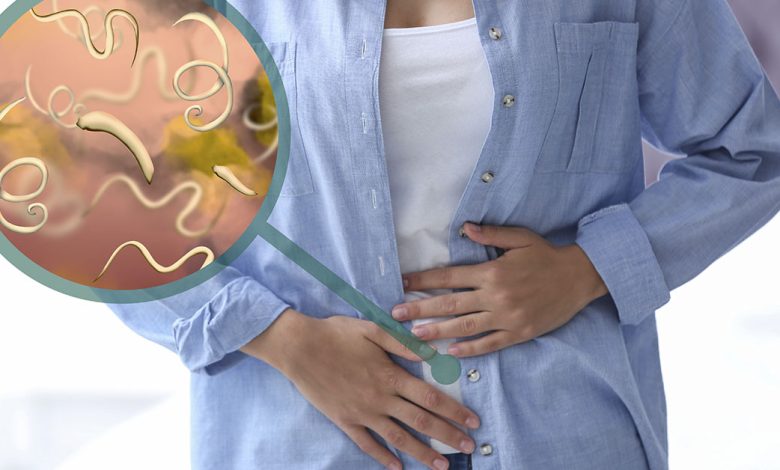
It’s important to be aware of your body and any changes you might notice. Sometimes, tiny living things called “intestinal parasites” can make their home inside your body. These are “microscopic organisms” that can lead to different health issues. Usually, people get them by accidentally taking in germs from unclean food or water, not washing hands well, or being around someone who has them. The good news is that your body often gives you clues if these parasites are present, and there are usually ways to get rid of them.
Let’s understand what these tiny invaders are. “A parasite is an organism that lives on or in a host organism. It feeds off the host while at the same time benefiting from it.” In simple terms, they live in your body and take nutrients from you. “Parasites are a common cause of diarrhea in humans,” but that’s not the only problem they can cause. Here are some of the more common things you might notice if you have a parasite. (1)
-
Trouble with Your Tummy (Digestive Issues)
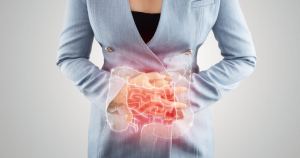
One of the most frequent signs that you might have “intestinal parasites” is when your digestion isn’t working right. These tiny creatures can cause swelling inside your intestines. This “inflammation in the intestines” can lead to things like “diarrhea, constipation, bloating, and abdominal pain.” You might also feel sick to your stomach or even throw up. (2)
-
Feeling Really Tired (Fatigue)


If you’re feeling unusually tired and weak, even after resting, it could be a sign of “intestinal parasites.” This happens because they eat some of the good stuff from your food. By taking these “nutrients from the food you eat,” your body has less energy left for you. “As a result, you may feel tired and lethargic, even after getting enough sleep.”
-
Skin That’s Itchy or Bumpy (Skin Irritation)

“Intestinal parasites can also cause skin irritation.” This is because they can release harmful substances, called toxins, into your blood. These toxins “can cause allergic reactions and inflammation.” When this happens, you might see “rashes, hives, and itching.” These skin problems “can be in the form of hives, rashes, rosacea, and even eczema.”
-
Feeling Weak and Breathless (Anemia)
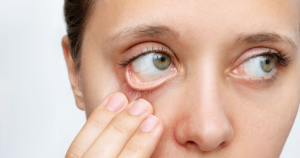
“Intestinal parasites can also cause anemia.” Anemia is when you don’t have enough healthy red blood cells. Some parasites can actually consume your “red blood cells, decreasing the number of red blood cells in your body.” If this happens, “you may experience fatigue, weakness, and shortness of breath.”
-
Losing Weight Without Trying (Weight Loss)

If you start to lose weight even though you’re not trying, “intestinal parasites can also cause weight loss.” This is similar to the tiredness issue – they are taking “nutrients from the food you eat,” which can lead to “a decrease in your body weight.” Because of this, “you may experience a loss of appetite, and your clothes may feel looser than usual.” Interestingly, “they can also make you feel like you are always hungry. You may eat more because you never feel satisfied, and yet you will still lose weight. (3)”
-
Aches and Pains in Your Joints (Joint Pain)

“Intestinal parasites can also cause joint pain.” Just like with skin irritation, the toxins they release into your blood “can cause inflammation in the joints.” This inflammation can lead to “pain, stiffness, and swelling in your joints.”
-
More Sniffles and Sneezes (Allergies)
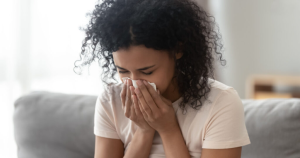
“Intestinal parasites can also cause allergies.” Again, the release of toxins into your bloodstream “can cause allergic reactions and inflammation.” This might lead to allergy symptoms like “sneezing, runny nose, and itchy eyes.”
There are several ways that these parasites can get into your body. “There are many ways that you can get parasites. Some of the most common ways include:”
- “Eating undercooked meat or fish”
- “Drinking unfiltered water”
- “Swimming in contaminated pools and lakes”
- “Handling animal feces without washing hands immediately afterward”
- “Coming in close contact with another person who has an active infection”
- “Walking barefoot in an infected area”
It’s always a good idea to talk to a healthcare professional if you are concerned about any of these signs. They can help figure out what’s going on and the best way to address it.



